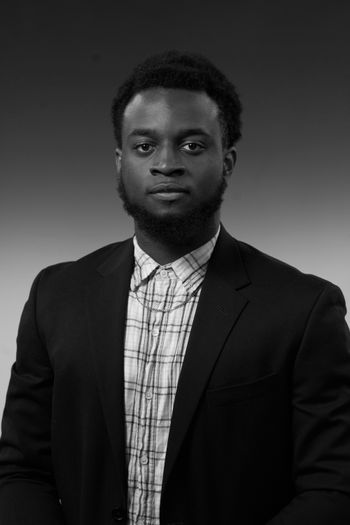American Library Association hosts event comparing modern-day 'censorship challenges' to McCarthyism
A critic of the ALA said that the group should 'start thinking about literacy and the fact that our kids can’t even read the books before they even talk about wanting to show them graphic sexual content in school.'
The ALA also held a ‘Banned Books Week’ that promoted several books that have been widely criticized as featuring detailed pornographic scenes unsuitable for children.
The American Library Association (ALA) recently held a forum to address what it claims is library censorship in higher education, and also hosted a “Banned Books Week” promoting pornographic books.
On Sept. 17, the ALA hosted an “Intellectual Freedom Summit” at the Library of Congress to “forge strong partnerships and shape strategy to battle the rising tides of censorship.”
Tiffany Justice, co-founder of the parental rights group Moms for Liberty, told Campus Reform that the ALA is a “discredited organization” with a “failed Marxist leader [Cindy Hohl] who cares more about children’s sexual orientation than she does [about] the fact that kids aren’t learning to read in our public schools.”
“It’d be really great if the American Library Association could start thinking about literacy and the fact that our kids can’t even read the books before they even talk about wanting to show them graphic sexual content in school,” she said.
In its description for the event, the ALA wrote: “The last ALA Intellectual Freedom Summit, held in 1953, produced the seminal Freedom to Read Statement, a vital document published in response to the censorship pressures of the McCarthy era. That statement, enthusiastically approved by the American Book Publishers Council, remains a foundational text for the protection of intellectual freedom in America.”
The ALA sent Campus Reform the following statement: “As we gathered with allies at the world’s largest library in the fight for intellectual freedom, we identified strategies to respond to the withdrawal and censorship of information. We are joining forces to lift ourselves and ultimately our country above the fray of polarization and politicization of access to information.”
[RELATED: ‘LESBIAN VAMPIRES’: U of New Mexico course looks at ‘Queer Cinema’: EXCLUSIVE]
Participating organizations at the ALA’s event included the American Civil Liberties Union, PEN America, the Obama Foundation, and We Need Diverse Books.
The ALA is also hosting a Banned Books Week from Sept. 22 to 28, focusing on alleged censorship directed at “banned books.” The ALA alleges that “[b]ook bans have reached historic and unprecedented highs in the last three years. Libraries and schools have been inundated by attempts to remove books and cancel programs, especially those by or about LGBTQIA+ and BIPOC individuals.”
The organization asserts that, in 2023, there were “efforts to censor 4,240 unique book titles in schools and libraries.” The ALA’s list of “Top 10 Most Challenged Books of 2023” includes titles like “Gender Queer: A Memoir” by Maia Kobabe, “All Boys Aren’t Blue” by George M. Johnson, and “This Book is Gay” by Juno Dawson.
All three books have been criticized as pornography unsuitable for children to read, with “All Boys Aren’t Blue,” for example, having sexually explicit pornographic scenes between men.
Justice spoke against the ALA’s concept of “banned books” while speaking with Campus Reform, referencing a study by two experts that found that a “banned books” list compiled by the organization PEN America exaggerated the number of books that are supposedly being censored.
“We find that 74 percent of the books that PEN America lists as banned are listed as available in the same districts from which PEN America says those books were banned,” the study said.

